Persimmon: what are its main benefits for the body?
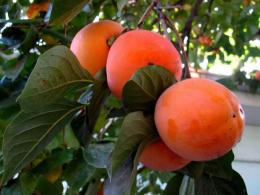
Persimmon occupies a special place among the wide variety of fruits and vegetables. During the cold season, the body experiences a deficiency of nutrients. Persimmons contain a huge amount of useful elements, which, if deficient, can be replenished if you eat this tasty and aromatic berry.
Content:
Key nutrients
Persimmon is a large juicy berry of yellow-orange color. As the fruit ripens, its color changes. If the flesh is soft, then this indicates full ripening of the fruit. There are different varieties of persimmons. Compared to other fruits and berries, persimmons have high nutritional value. Nutrients are present not only in the berry, but also in the roots and leaves.
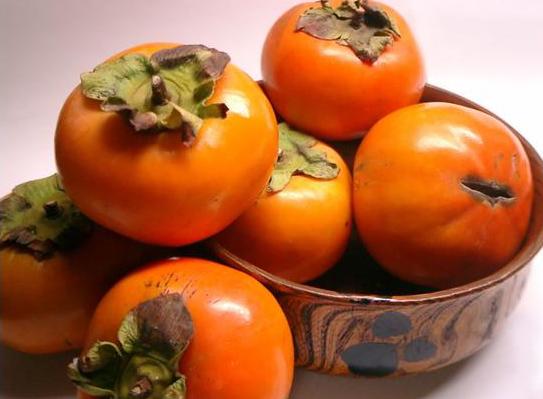
Persimmon is a sweet, astringent berry, the calorie content of which is 67 kcal per 100 g. Among the vitamins in persimmons, Vitamins C, P and A are present in large quantities in persimmons. Persimmon ranks high in content vitamin A C, vitamin P and vitamin A. The berry contains the following mineral elements:
- Calcium
- Magnesium
- Phosphorus
- Iron
- Copper
- Iodine
The fruit contains tannins, various organic acids, proteins and carbohydrates. There are no natural fats in the berry. Among carbohydrates, sucrose and fructose are present in large quantities. The glucose level does not increase. For this reason, nutritionists do not recommend that those losing weight eat persimmons in the afternoon.The berry contains pectins - substances that remove harmful toxins from the body. The astringency of the fruits is given by tannin, which is present in unripe berries. The presence of catechin in persimmon has a strong antibacterial, antihemorrhagic and anti-inflammatory effect.
The effect of persimmon on the body
Persimmon has a good diuretic effect, has a tonic and calming effect. The berry is used as a bactericidal agent against staphylococci and E. coli. Persimmon has a beneficial effect on all human systems and organs:
- Normalizes the functioning of the gastrointestinal tract
- Perfectly satisfies hunger
- Improves mental performance
- Helps increase hemoglobin in the blood
- Strengthens immunity
- Dissolves sand in the kidneys
- Reduces swelling of the extremities
- Strengthens the heart muscle
- Reduces blood pressure
The berry is very useful for diarrhea and dysentery. A decoction of roots and leaves is used for external use for bleeding and disinfection of various skin lesions. Persimmon is an indispensable berry for thyroid diseases. Use of this useful berries do not lead to a decrease in potassium in the body, unlike the use of diuretics.
Persimmon has a mild laxative effect due to its high water content. Persimmon is used not only for medicinal but also for cosmetic purposes. A face mask is made from the pulp of the fruit, which has a beneficial effect on the skin, eliminates acne and tightens pores. To do this, add egg yolk to the mask. Persimmon-based masks help smooth out wrinkles, strengthen facial contours and tighten the skin.
Who should not eat persimmon?
Due to the high tannin content in persimmons, it is prohibited to consume it after undergoing abdominal surgery. Excessive consumption of persimmons contributes to the occurrence of intestinal obstruction. It is not advisable to drink persimmon with water or milk, as the berry promotes the formation of hard food lumps. Giving persimmons to children under 3 years of age is prohibited. After 3 years, the enzymatic system is insufficiently developed. As a result, digestive problems may occur. People with diabetes or obesity should use fruit should be in small quantities, since simple sugars contribute to the development of hyperglycemia.
You need to eat only ripe berries so that the astringent properties do not have a negative effect on the intestines.
Unripe persimmons are best consumed on a full stomach. Persimmon should not be consumed after crab meat, sea fish and shrimp, as the astringent properties are enhanced and it will be impossible to avoid intestinal obstruction. It is not recommended to consume persimmon with the skin. Tannin is present not only in the pulp, but also in the skin. This substance promotes the formation of stomach stones, so eating too much persimmon is undesirable.
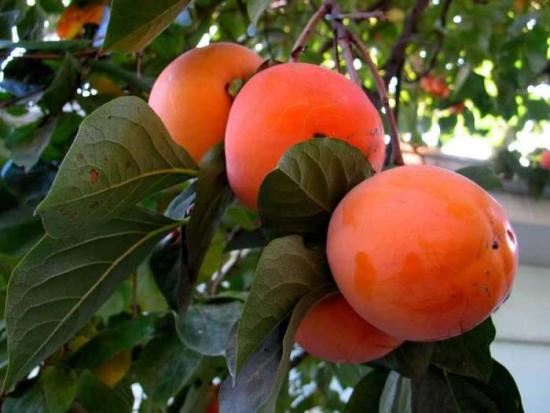
How to choose the right persimmon
When choosing persimmons, you should pay attention to the shape and color of the peel. Persimmons should be spherical in shape with a yellow-orange peel. There should not be any damage to the persimmon. If there are brown dots, this indicates that the berry has been frozen or suffered a shock during transportation. The ripeness of a persimmon can be identified by its stalk. If it is dry and dark, then the persimmon is ripe. You can determine ripeness by touch.
It should be soft and the consistency of the pulp should be iron-like.Sometimes only hard berries are found on store shelves. You can also buy unripe ones. Such persimmons cannot be stored in the refrigerator. In order for the fruit to ripen, it should be stored for several days at a temperature of about 20 degrees. There is another way ripening berries: after purchase, place in warm water for 10 hours. To extract all the beneficial substances from the berries, it is better to consume persimmons fresh.
Video about the benefits of persimmon:
Interesting information about the vegetable garden

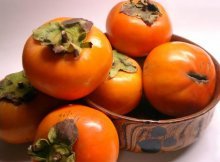
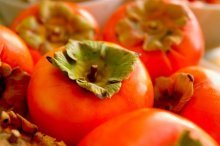
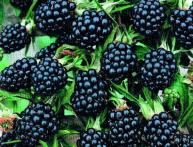

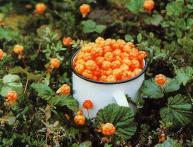
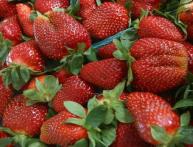
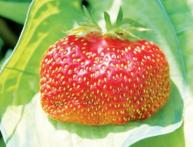
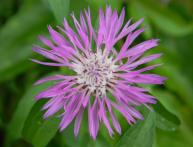
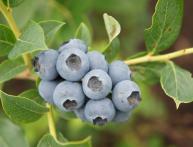
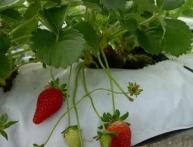
Comments
Good day! The article is very useful. Our whole family cannot live without persimmons. And only now we found out how useful this product is, just some kind of miracle. It was interesting to learn about how to choose correctly; I had never thought about this before. Thank you very much for such a useful article!